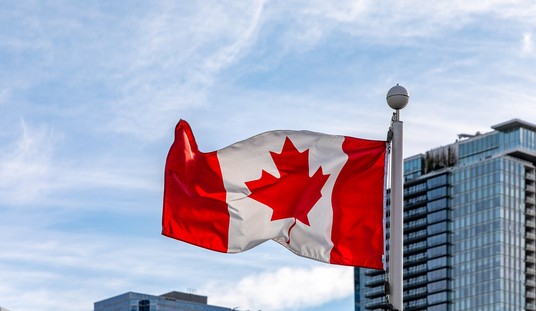White House spokesman Jose Earnest responded to the NSA controversy with this statement to reporters aboard Air Force One today en route to an ObamaCare speech in Mooresville, N.C.
It won’t surprise you to hear that I’m not in a position to discuss specific classified or operational issues. But what I can explain to you are our policies. The Patriot Act was signed into law in October of 2001, and included authority to compel production of business records and other tangible details with the approval of a FISA Court. This provision has subsequently been reauthorized over the course of two different administrations — in 2006 and in 2011.
The Obama administration has made public that some orders issued by the FISA Court, under Section 215 of the Patriot Act, have been used to support important and highly sensitive intelligence collection operations on which members of Congress have been fully and repeatedly briefed. And I think you’ve heard a couple of members of Congress in both parties today acknowledge that fact.
The intelligence community is conducting court-authorized intelligence activities pursuant to a public statute with the knowledge and oversight of Congress and the intelligence community in both houses of Congress. There is also extensive oversight by the executive branch, including the Department of Justice and relevant agency counsels and inspectors general, as well as annual and semi-annual reports to Congress, as required by law.
There is a robust legal regime in place governing all activities conducted, pursuant to the Federal Intelligence Surveillance Act. That regime has been briefed to and approved by the court. And activities authorized under the act are subject to strict controls and procedures under oversight of the Department of Justice, the Office of the Director of National Intelligence, and the FISA Court, to ensure that they comply with the Constitution and the laws of the United States and appropriately protect privacy and civil liberties.
The order reprinted overnight does not allow the government to listen in on anyone’s telephone calls. The information acquired does not include the content of any communications or the name of any subscriber. It relates exclusively to call details, such as a telephone number or the length of a telephone call.
The information of the sort described in the article has been a critical tool in protecting the nation from terror threats as it allows counterterrorism personnel to discover whether known or suspected terrorists have been in contact with other persons who may be engaged in terrorist activities, particularly people located inside the United States.
My final point here: The President welcomes a discussion of the tradeoffs between security and civil liberties. Many of you covered his speech at the National Defense University just a couple of weeks ago. In that speech, the President said, “…in the years to come, we will have to keep working hard to strike the appropriate balance between our need for security and preserving those freedoms that make us who we are. That means reviewing the authorities of law enforcement so we can intercept new types of communication, but also build in privacy protections to prevent abuse.”









Join the conversation as a VIP Member